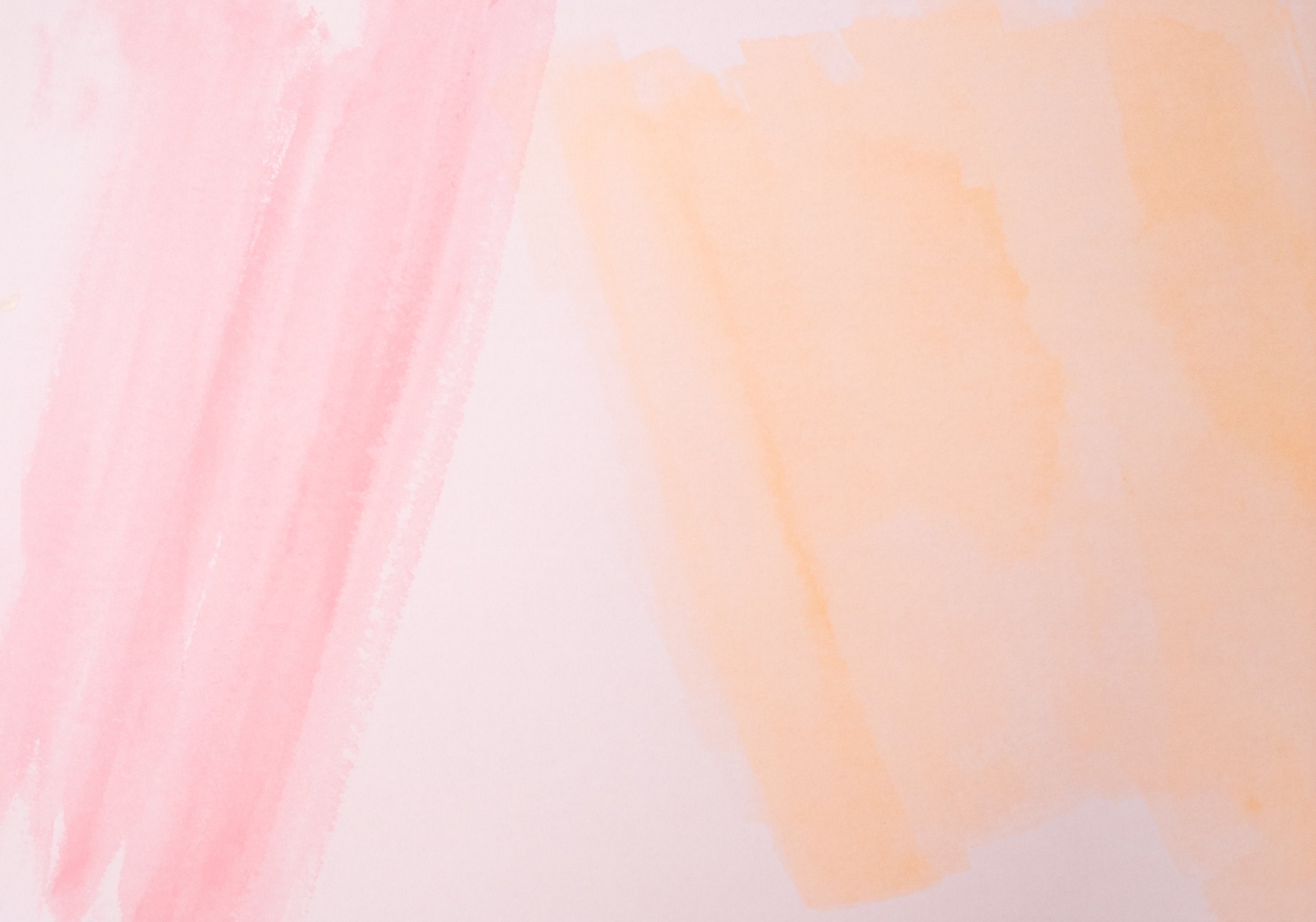
About the European Patent Attorney profession
INTERVIEW
Jessica Höeg Hassing
Country: Denmark
Company size: 10-20
Experience: 10+ years
Type of work: Private practice
How did you learn about the Patent Attorney profession and what inspired you to become a (European) Patent Attorney?
Astonishingly enough, I heard about the profession only after I had finished my engineering studies – it was a job advertisement for a trainee program with the biggest private practice in Sweden. The job seemed to comprise a perfect combination of technology, law, and language – which it did!
Most people know that Patent Attorneys help clients obtain a patent. However, what other tasks are you responsible for?
Being a sounding board for clients when it comes to defining their own patenting strategy and how to deal with competitor’s patents and risks of infringement. Giving our clients access to a network of professionals, across the world, for issues our firm cannot deal with directly. Ensuring our firm works as efficiently as possible and that the right person is in the right position at all times.
If you had to split your role into science, law, and business, what is the proportion of each?
I have to say the impossible 100 % science, 100 % law, and 100 % business. The job is focused on inventions, however, IP law and the client’s business are just as important. If not considering the two latter, the former will be of no use.
What does the team structure at your workplace look like?
We have a very flat organization where everyone is responsible for their own job, but the entire team is at everyone’s disposal when necessary.
What does your average workday look like?
I start with going through my emails to see if anything urgent has popped up over night. Since this is an international job, enquiries and instructions arrive at all hours. After that, I usually deal with all minor issues that I can deal with quickly and where colleagues or clients rely on my input. Lastly, I dig into something of more substance – for example claim drafting, a submission to a patent office, or an infringement evaluation.
What would a dream workday as a (European) Patent Attorney look like for you?
See the above. :-)
What is the most exciting aspect of being a (European) Patent Attorney for you?
The variation in technology and the variation in clients.
What are your least favourite tasks?
Dealing with a not so well-argued communication from a patent office. It’s fun to counterargue when the examiner has provided sharp arguments, but frustrating when the arguments are weak or even incorrect.
Does your job allow you to have time for your hobbies? Do you have any side projects related to patents?
I have a couple of horses, so yes! The job is, to a large extent, independent so you can easily manage the work-life balance as long as you have the right employer.
If you could start your career over, would you change anything?
My motto is “regret nothing” so no.
If the Patent Attorney profession suddenly disappeared tomorrow, what else would you do?
One thing I’ve learned is that innovation is found everywhere, and technology is part of everything, so that is simply too large a question to answer!
What advice would you give someone that wants to become a European Patent Attorney?
Learn languages. I mainly use English (and some German). However, I do use French, Danish, Swedish, and Spanish every now and then, both for communicating on a more personal level with our international inventors but also for improving my understanding of a specific phrase – a patent is all about language!
What do you think about the future outlook of our profession?
I think there is a risk/chance we will become more efficient but also less creative. New solutions are awesome, but we need to find a good balance. Patent drafting, for example, is a craft.

